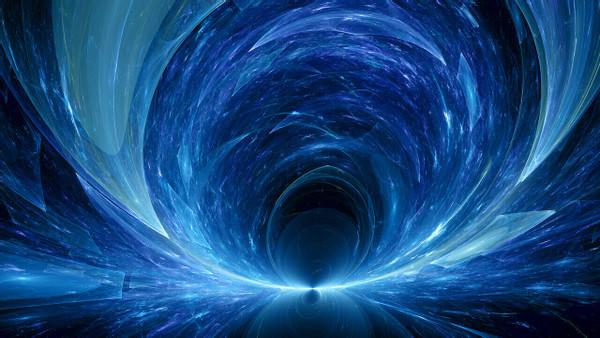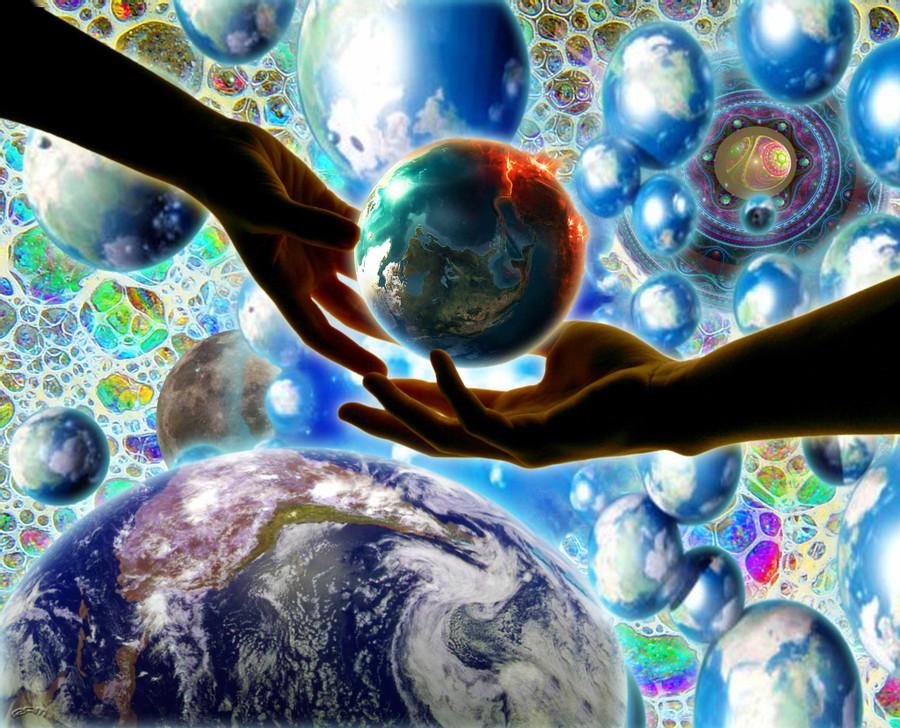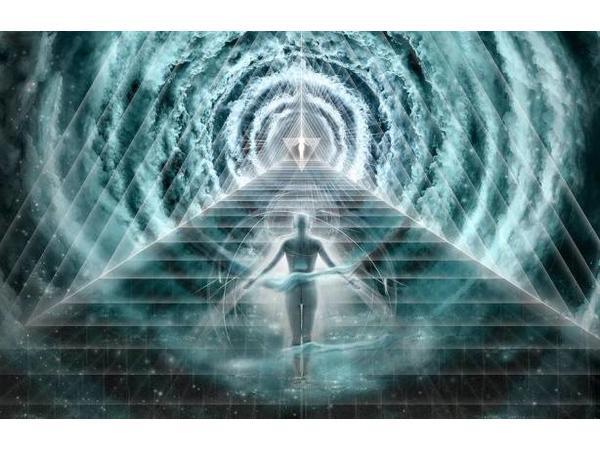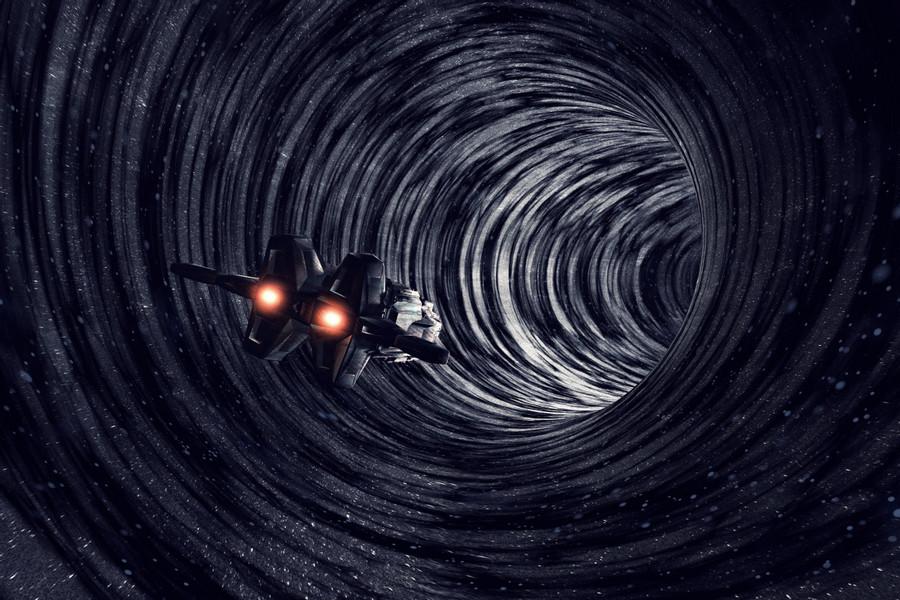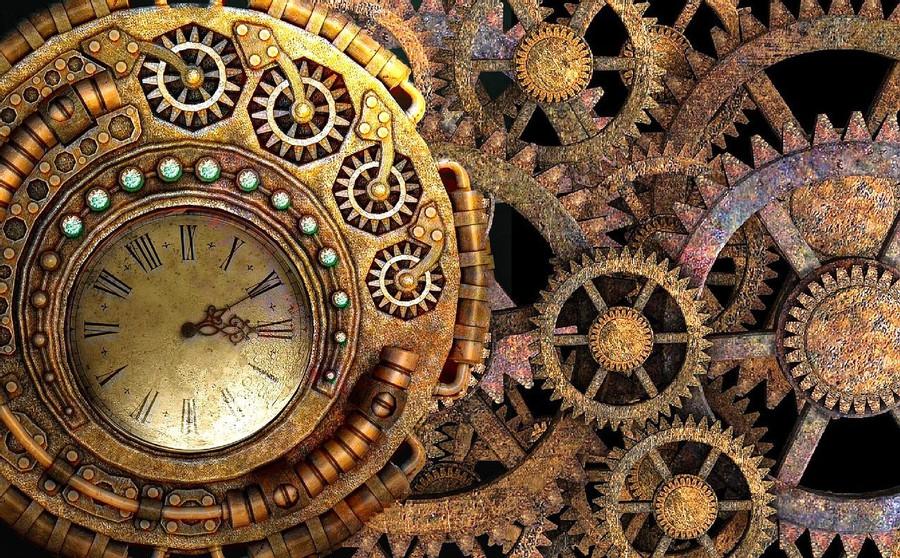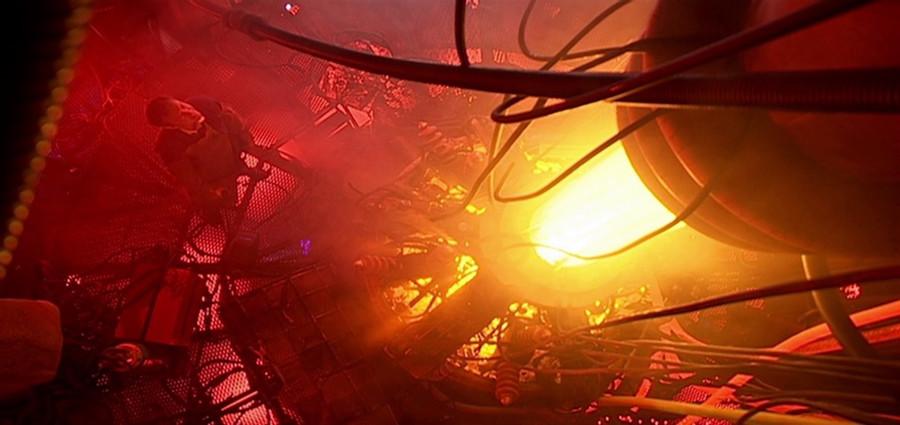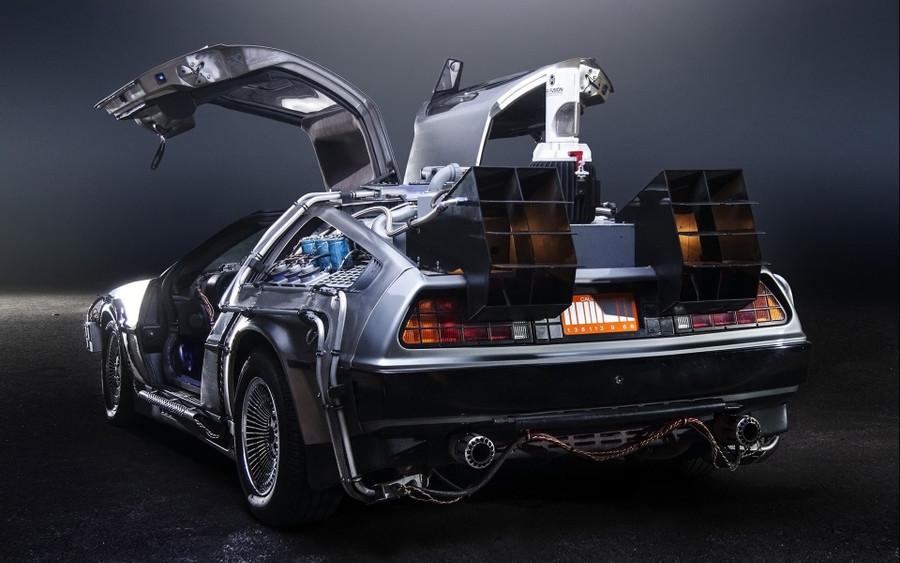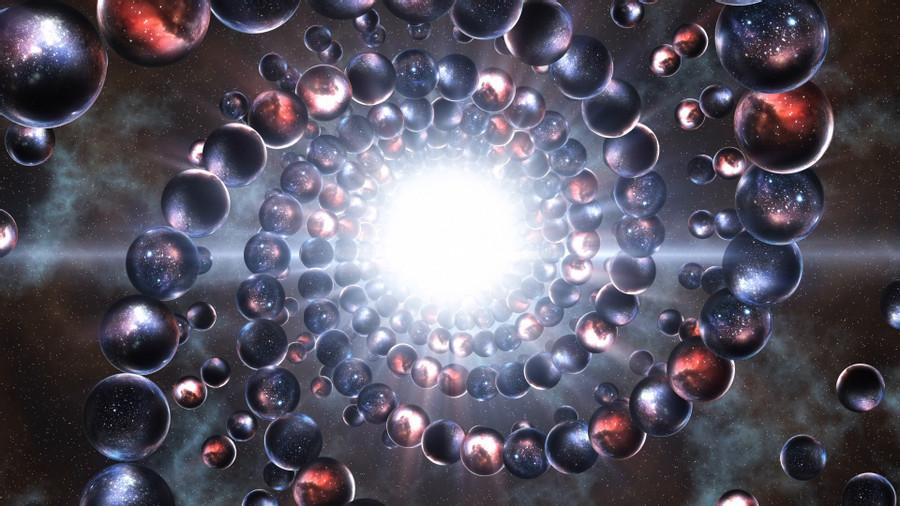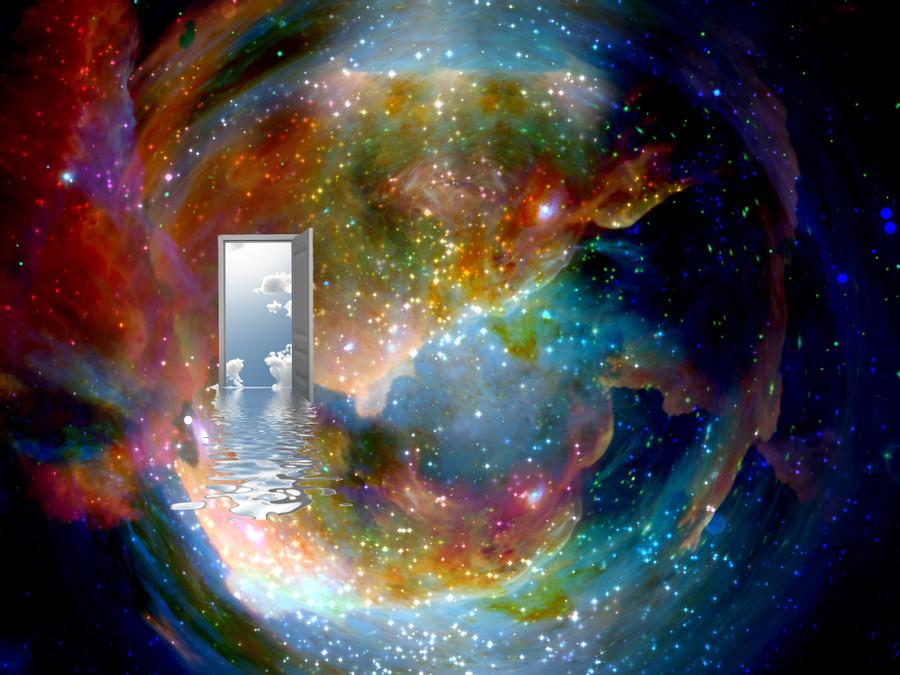Time travel could be possible, but only if parallel timelines can coexist
Curated from: thenextweb.com
10
1
Explore the World's Best Ideas
Join today and uncover 100+ curated journeys from 50+ topics. Unlock access to our mobile app with extensive features.
Space And Time
Our modern understanding of time and causality comes from general relativity. Theoretical physicist Albert Einstein’s theory combines space and time into a single entity — “spacetime” — and provides a remarkably intricate explanation of how they both work, at a level unmatched by any other established theory.
This theory has existed for more than 100 years and has been experimentally verified to extremely high precision, so physicists are fairly certain it provides an accurate description of the causal structure of our universe.
16
129 reads
Arguments Against Time Travel: Exotic Matter
There are two main issues that make us think these theories and their equations may be unrealistic.
The first issue is a practical one: Building a time machine seems to require exotic matter, which is matter with negative energy. All the matter we see in our daily lives has positive energy-matter with negative energy is not something you can just find lying around.
From quantum mechanics, we know that such matter can theoretically be created, but in too small quantities and for too short times.
17
111 reads
Arguments Against Time Travel: Contradicting Logic
There is an observation that time travel seems to contradict logic, in the form of time travel paradoxes. There are several types of such paradoxes, but the most problematic are consistency paradoxes.
A popular trope in science fiction, consistency paradoxes happen whenever there is a certain event that leads to changing the past, but the change itself prevents this event from happening in the first place.
16
98 reads
Destroying The Time Machine After Going Five Minutes In The Past
Consider a scenario where I enter my time machine, use it to go back in time five minutes, and destroy the machine as soon as I get to the past. Now that I destroyed the time machine, it would be impossible for me to use it five minutes later.
But if I cannot use the time machine, then I cannot go back in time and destroy it. Therefore, it is not destroyed, so I can go back in time and destroy it.
The time machine is destroyed if and only if it is not destroyed. Since it cannot be both destroyed and not destroyed simultaneously, this scenario is inconsistent and paradoxical.
17
90 reads
Eliminating the Paradoxes
Time travellers are usually warned not to make significant changes to the past and to avoid meeting their past selves to avoid creating a paradox. Examples of this may be found in many time travel movies, such as the Back to the Future trilogy.
But in physics, a paradox is not an event that can actually happen — it is a purely theoretical concept that points towards an inconsistency in the theory itself. In other words, consistency paradoxes don’t merely imply time travel is a dangerous endeavour, they imply it simply cannot be possible.
16
81 reads
Self-Consistency Conjecture
- This physics theory essentially states that you can travel to the past, but you cannot change it.
- If I tried to destroy my time machine five minutes in the past, I would find that it is impossible to do so. The laws of physics would somehow conspire to preserve consistency.
- This theory has many loopholes and is mired with paradoxes and inconsistencies.
15
93 reads
The Theory That Holds Its Ground: Multiple Timelines
Allowing for multiple histories (or in more familiar terms, parallel timelines) can resolve the paradoxes that are eclipsing all the other theories. In fact, it can resolve any paradox you throw at it.
The idea is very simple. When I exit the time machine, I exit into a different timeline. In that timeline, I can do whatever I want, including destroying the time machine, without changing anything in the original timeline I came from. Since I cannot destroy the time machine in the original timeline, which is the one I actually used to travel back in time, there is no paradox.
16
86 reads
The Multiverse
- Time travel could be possible, but only if our universe can allow multiple histories to coexist. So, can it?
- Quantum mechanics certainly seems to imply so, at least if you subscribe to Everett’s “many-worlds” interpretation, where one history can “split” into multiple histories, one for each possible measurement outcome.
- General relativity and quantum mechanics tell us that time travel might be possible, but if it is, then multiple histories must also be possible.
16
83 reads
IDEAS CURATED BY
CURATOR'S NOTE
Time travel is a true possibility but the condition is even more mindblowing than the simulation theory! We must have infinite parallel timelines coexisting.
“
Camille A.'s ideas are part of this journey:
Learn more about scienceandnature with this collection
The differences between Web 2.0 and Web 3.0
The future of the internet
Understanding the potential of Web 3.0
Related collections
Similar ideas
9 ideas
12 ideas
5 Bizarre Paradoxes Of Time Travel Explained
astronomytrek.com
5 ideas
Our Obsession With Time Travel Explained | Science | National Geographic
nationalgeographic.com.au
Read & Learn
20x Faster
without
deepstash
with
deepstash
with
deepstash
Personalized microlearning
—
100+ Learning Journeys
—
Access to 200,000+ ideas
—
Access to the mobile app
—
Unlimited idea saving
—
—
Unlimited history
—
—
Unlimited listening to ideas
—
—
Downloading & offline access
—
—
Supercharge your mind with one idea per day
Enter your email and spend 1 minute every day to learn something new.
I agree to receive email updates
